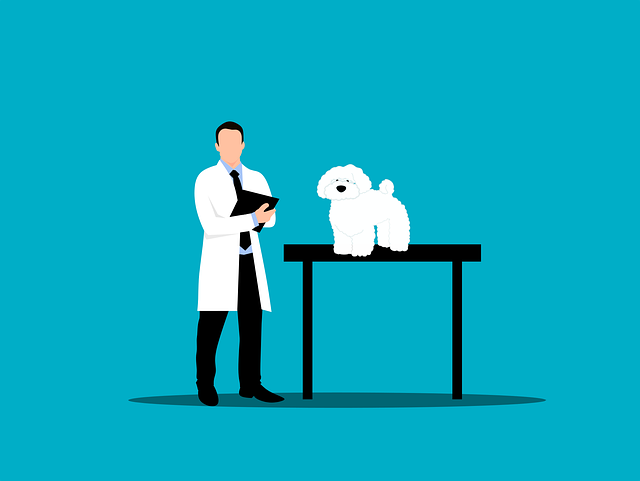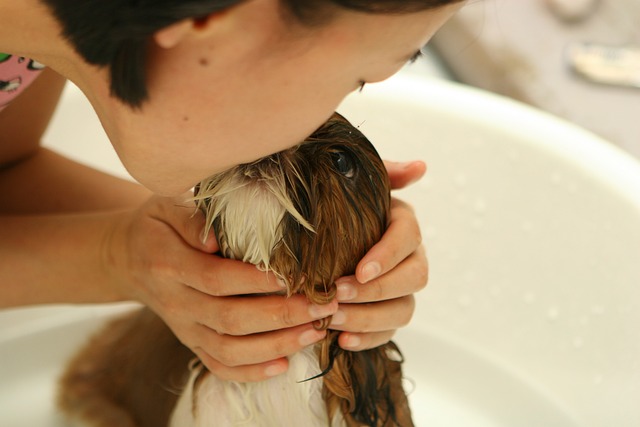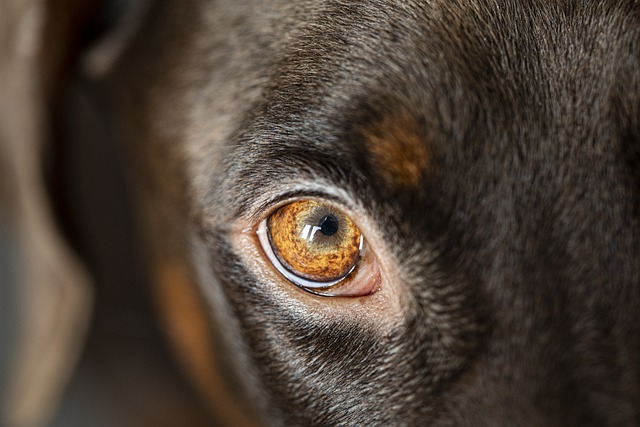Many pet owners know that their dogs are more vulnerable to disease and illness than humans. But how many of us really pay attention to our pets’ health? That’s what we’ll be discussing in this article: How you can take better care of your dog and make sure it stays healthy throughout its lifetime.
Early detection
There are many reasons to get your pet checked for health problems as early as possible. If he has a disease that can be treated at home, then you’ll be able to prevent him from getting sicker and requiring more expensive treatment later on. And if he doesn’t have an illness but is showing signs of being underweight or overweight, then regular checkups will ensure that your dog’s diet is balanced and healthy.
Additionally, if it turns out that there is something wrong with him after all–for example, if he has an infection or heart murmur–you’ll want to get him seen right away so that a vet can take care of things before those issues become bigger problems for both you and your pet. That way, when the time comes for surgery or medication (or both), everything will go smoothly because everything has been properly diagnosed beforehand.
Maintaining a Healthy Weight Range
One of the most important things you can do for your dog’s health is to maintain a healthy weight range. Your veterinarian will be able to recommend an appropriate weight for your dog and help you monitor changes in their body condition as they age, but it’s also good practice to know what constitutes “overweight” and “underweight” on their scale. If your dog has gained or lost more than 5% of his/her ideal weight over the last year (or if he/she hasn’t been eating enough food), then it may be time for some extra exercise, less snacking, and perhaps even some diet changes.
Doggy Dental Care
Doggies need to be taken care of, too. While it might seem like a good idea for your dog to chew on sticks or dig in the dirt, this can actually lead to dental problems down the road that are difficult to treat and expensive. Regular check-ups can help you prevent these issues from occurring by identifying any early signs of dental issues and providing the necessary treatment before they become serious ones.
The first thing you should do when taking your dog in for a check-up is had them stand on their hind legs so that their mouth is open wide enough for us (or our vet) to see inside their teeth and gums. This will allow us an opportunity to not only see whether there appears anything out of place but also to determine if there are any issues that need addressing right away such as tartar buildup caused by poor brushing habits or plaque buildup caused by eating junk food all day long instead of healthy foods like fruits and vegetables.
Heartworm prevention
Heartworm prevention is a one-time thing. It requires regular vet visits and testing, which can be costly if you use your pet’s medicine as a preventative measure only once.
Heartworm disease is not only for dogs who live in warm climates; it’s important for all dogs, even those that do not spend time outdoors regularly or even at all (like most indoor dogs).
In addition to the fact that heartworm prevention requires regular vet visits, there are other factors to consider when deciding whether or not this should be part of your dog’s health routine.
Vaccinations
Vaccinations are essential for your dog’s health and can prevent them from getting sick and spreading disease. Vaccinations are a one-time cost, so you should bring your dog in for vaccinations every year.
A dog’s vaccination schedule varies based on its age and breed, so talk to your veterinarian about the best course of action for your pet.
Vaccinations for dogs are typically done in two to three doses, with the second and third shots being given two to four weeks apart. Puppies should be vaccinated against rabies at six months old, then again one year later.
Conclusion
Regular check-ups play a vital role in maintaining your dog’s health and well-being. If you want to prevent the onset of heartworm infection, fleas, and ticks, regular veterinary visits are essential. These visits will help ensure that your pet is fit enough to fight off any potential threats before they become serious problems.




